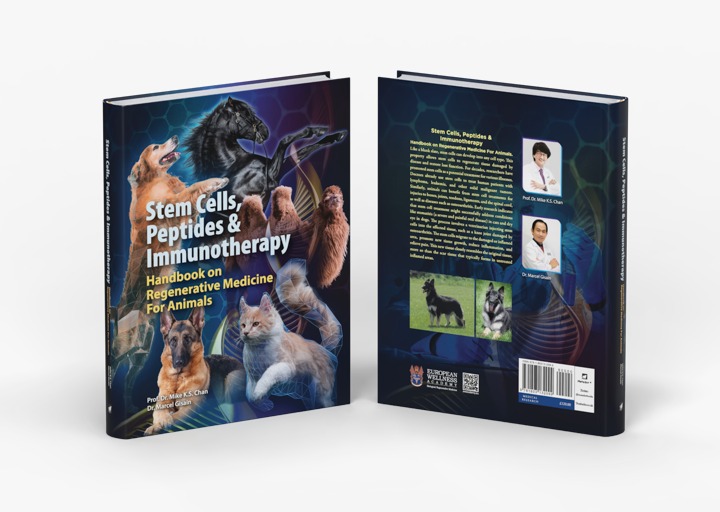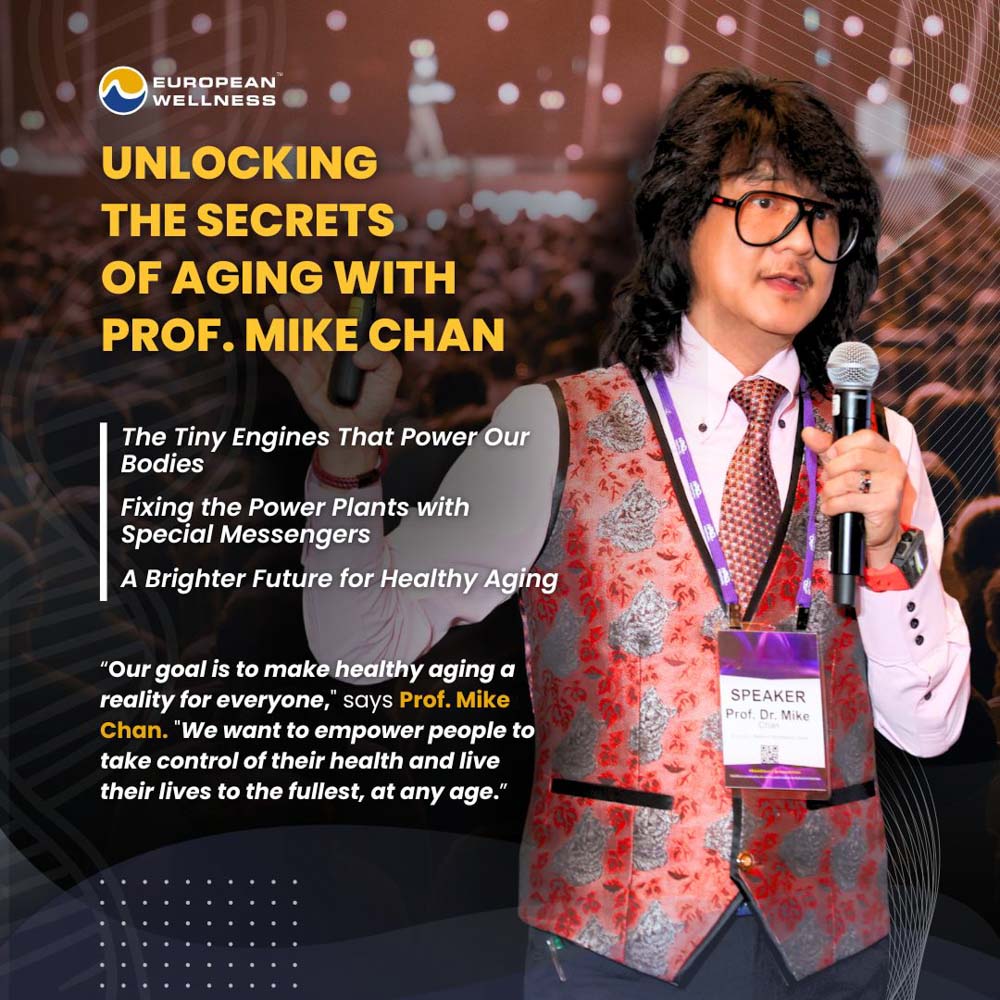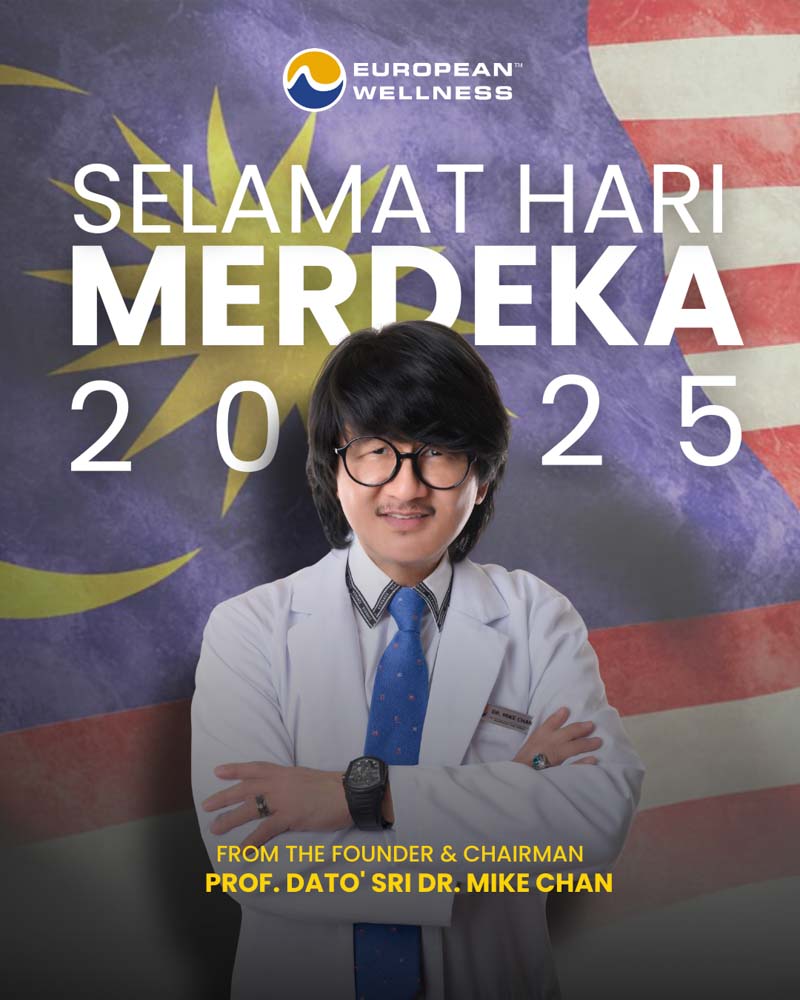From loyal dogs to playful cats and majestic horses, our animals are family. On this…

Malaysia’s Former PM Dies After Long Dementia Battle: Can Regenerative Medicine Offer New Hope
KUALA LUMPUR, April 15, 2025 – Malaysia’s fifth Prime Minister, Tun Abdullah Ahmad Badawi, passed away on April 14 at the age of 85 after a long and private struggle with dementia, his family confirmed. Widely known for his moderate political stance and personal integrity, the former leader spent his final years away from the public eye, as the neurodegenerative disease gradually eroded his memory and cognitive abilities.
His passing not only marks the end of an era for Malaysia’s political history—it also reignites urgent questions about dementia, a condition afflicting more than 55 million people worldwide.
From National Leader to Private Suffering
Abdullah Badawi, often referred to as “Pak Lah,” took office in 2003, promising clean governance and transparency. He was a reflective and soft-spoken figure, known for quoting Quranic verses and promoting interfaith dialogue. His administration focused on civil service reform, economic development, and moderate Islam.
But after stepping down in 2009, his public appearances dwindled. By the mid-2010s, close aides and family members disclosed he was battling dementia. Former Health Minister Khairy Jamaluddin, his son-in-law, later confirmed that Badawi had been diagnosed over a decade ago.
The disease slowly stripped away his eloquence, recognition of loved ones, and independence—leaving behind the shell of a once-thoughtful statesman.
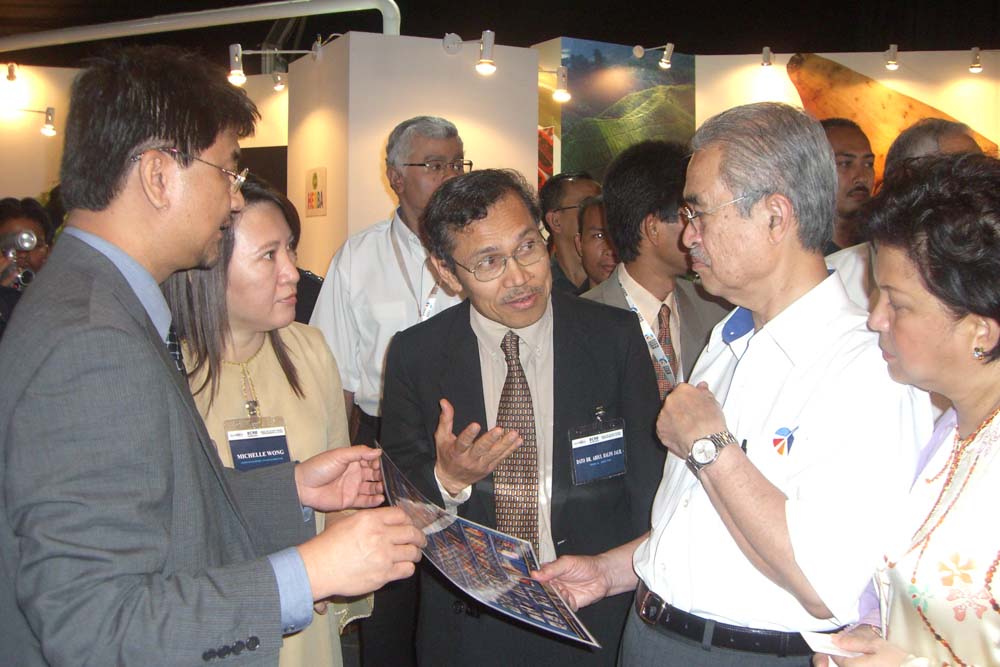
In 2007, Prof. Mike Chan and his wife Professor Dato’ Sri Dr. Michelle Wong had the honor of meeting Tun Abdullah Ahmad Badawi during the ECER event held in Pahang.
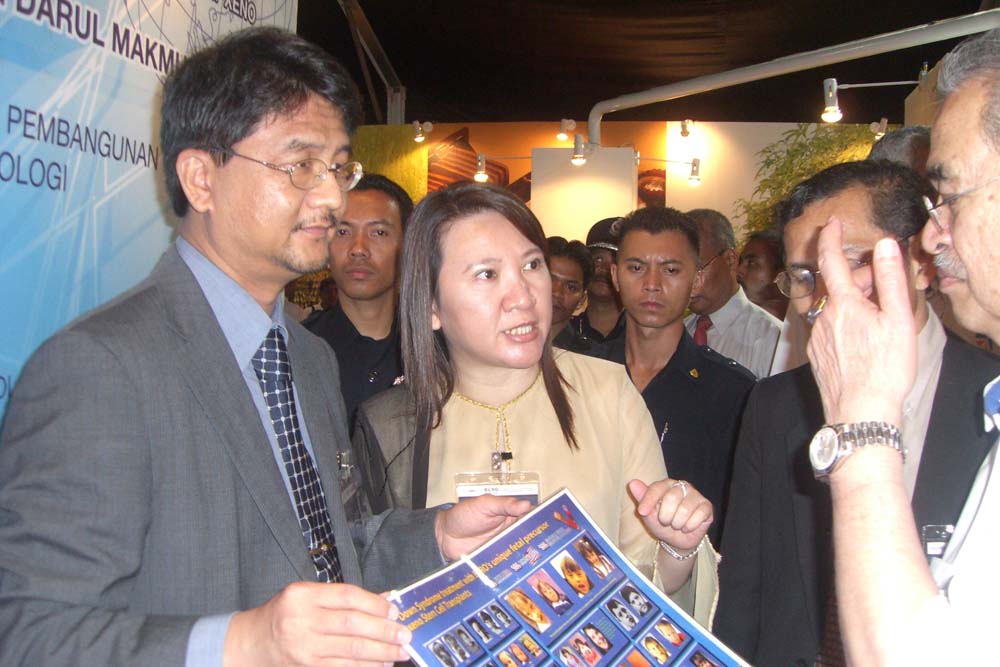
Understanding Dementia: The Global Burden
Dementia is an umbrella term for disorders causing memory loss, cognitive decline, and personality changes. Alzheimer’s disease is its most common form. Risk factors include age, genetics, hypertension, and poor lifestyle choices.
Global health agencies estimate nearly 10 million new cases each year. The World Health Organization (WHO) predicts dementia-related cases will triple by 2050, particularly in aging societies across Asia and Europe.
Traditional treatment options, such as cholinesterase inhibitors and memantine, can only offer temporary symptomatic relief. There is no known cure. Families often describe the experience as “losing a loved one twice”—emotionally, then physically.
The Bioregenerative Medicine Breakthrough
With limited progress in pharmaceuticals, researchers are turning toward regenerative medicine. At the forefront is Prof. Mike Chan, Chairman of the European Wellness Biomedical Group, who has pioneered clinical protocols involving targeted organ-and-brain-specific precursor (progenitor) stem cells.
“These diseases affect specific areas of the brain,” Prof. Mike Chan explained. “So we use brain-region-targeted cells—cortex, frontal lobe, cerebellum, even diencephalon—to restore function and regenerate damaged neurons.”
According to Prof. Mike Chan’s published protocols in Compendium of Diseases and Disorders: Clinical Applications of Stem Cells with Precision in Regenerative Medicine, treatments involve infusions of highly targeted stem cells, including:
- Brain Cortex Cells – to improve cognitive processing and general brain function.
- Frontal Lobe Cells – to restore executive function, planning, and decision-making abilities.
- Placenta-Derived Cells – to reduce oxidative stress and inflammation through their powerful immunomodulatory effects.
This combination, Prof. Mike Chan says, supports not just neural repair but overall metabolic and systemic regulation, often disrupted in aging patients.
“The idea is not one-size-fits-all,” Prof. Mike Chan said. “Each of our 400+ stem cell types has a precise role. Just as cardiomyocytes are for the heart, substantia nigra cells are for Parkinson’s. Accuracy is everything.”
Targeted Treatment vs Traditional Limitations
Conventional therapies are limited to neurotransmitter support and general care. In contrast, Prof. Mike Chan’s strategy incorporates a combination of precursor stem cells, peptides, and exosomes to directly target damaged structures.
“Stem cells hold the blueprints to rebuild,” he said. “But the right ones must be used in the right way. This is not just about living longer—it’s about maintaining brainspan and healthspan.”
He believes that reversing biological aging in brain tissues is not only possible, but inevitable. “As long as tissues are not dead, they can be repaired. That’s the power of precision regenerative medicine.”
European Wellness Publications on Alzheimer’s and Dementia
The growing evidence supporting this approach is outlined in several key European Wellness publications, including:
- Stem Cells in Regenerative Medicine – with a dedicated chapter on “Cell Therapy in the Treatment of Alzheimer’s Disease.”
- Cell Membrane Therapy: Clinical Practice in Brain, Liver and Cardiovascular Diseases – featuring a section on Alzheimer’s disease under “Phosphatidylcholine at Clinical Practice.”
- Dawn of New Medicine – which explores Alzheimer’s treatment strategies and the impact of brain atrophy.
- Live Cell Therapy Explained – describing protocols for cognitive enhancement and disease stabilization.
- Handbook of Anti-Aging Medicine – linking intestinal microbiome disruption to Alzheimer’s pathology.
- Handbook on Longevity Medicine: The Road Map – positioning Alzheimer’s as the most prevalent dementia and advocating proactive regenerative therapies.
(*NOTE: All mentioned titles above are available for purchase or download at the official European Wellness bookstore: https://european-wellness.eu/books/.)
Global Implications: What Comes Next?
As dementia cases rise globally, so does the urgency for alternatives to conventional medicine. Regenerative therapy is showing promise in slowing—and possibly reversing—cognitive decline. Clinical trials and case studies are expanding in Germany, Switzerland, and Japan, with support from institutes such as European Wellness.
Prof. Mike Chan approach is grounded in the belief that brainspan, not just lifespan, should define healthy aging. “Every human cell has a unique identity. To repair the brain, we must respect its cellular complexity,” he says in reference to his philosophy, also outlined in his quote: “All 400+ stem cells—and cells—possess unique blueprints. Just as humans have distinct fingerprints, even identical twins are unique.”
“There’s a future where dementia isn’t a life sentence,” Prof. Mike Chan said. “That future starts with treating not just the symptoms, but the cause—at the cellular level.”
Personal Tragedy, Public Call to Action
The death of Abdullah Ahmad Badawi may close a chapter in Malaysia’s history—but it also opens a conversation. Dementia is no longer an inevitable part of aging. It is a challenge modern science is preparing to meet.
For Abdullah Badawi’s family, the disease was a private heartbreak. For Malaysia and the world, it’s a stark reminder of dementia’s silent devastation.
In a statement, Khairy Jamaluddin described Badawi’s final years as “dignified but difficult.” He added that the family hopes his story will raise awareness about dementia care and the need for continued medical innovation.
To learn more about bioregenerative solutions for dementia and how precursor stem cell therapy is changing the face of neurodegenerative medicine, visit www.european-wellness.com.
Follow European Wellness Academy:
